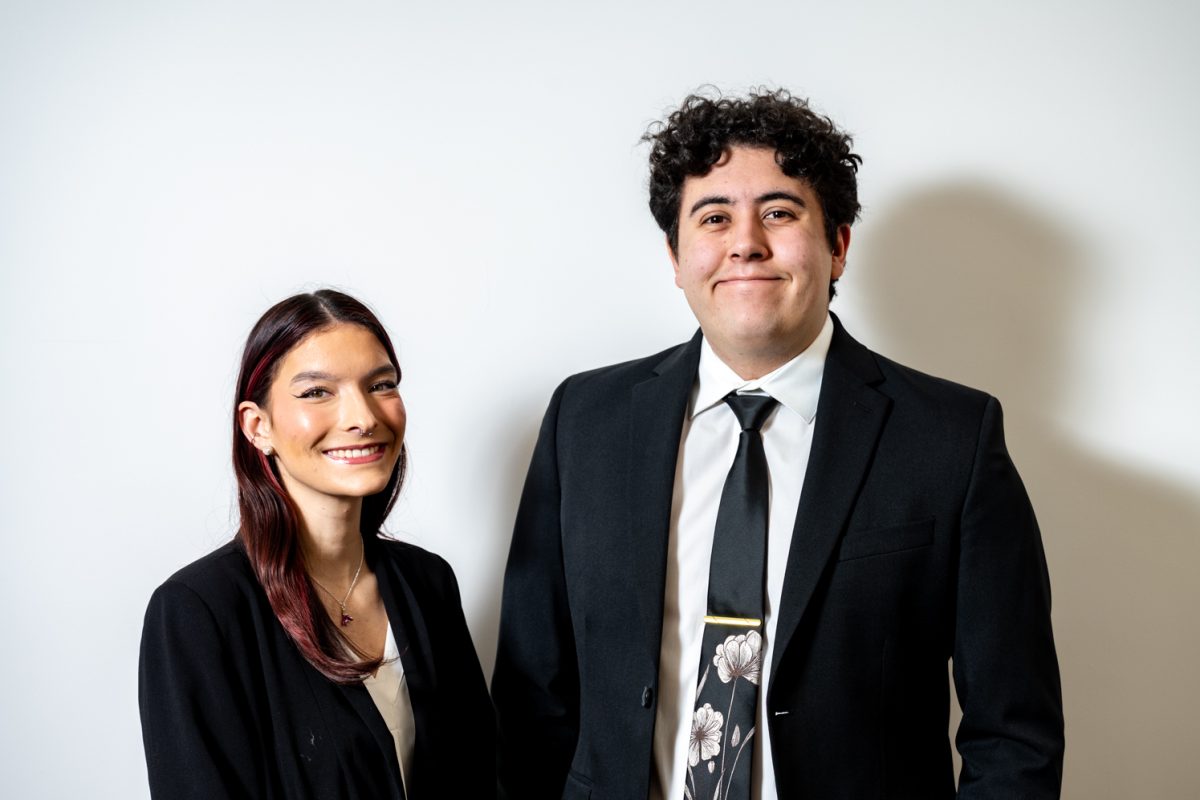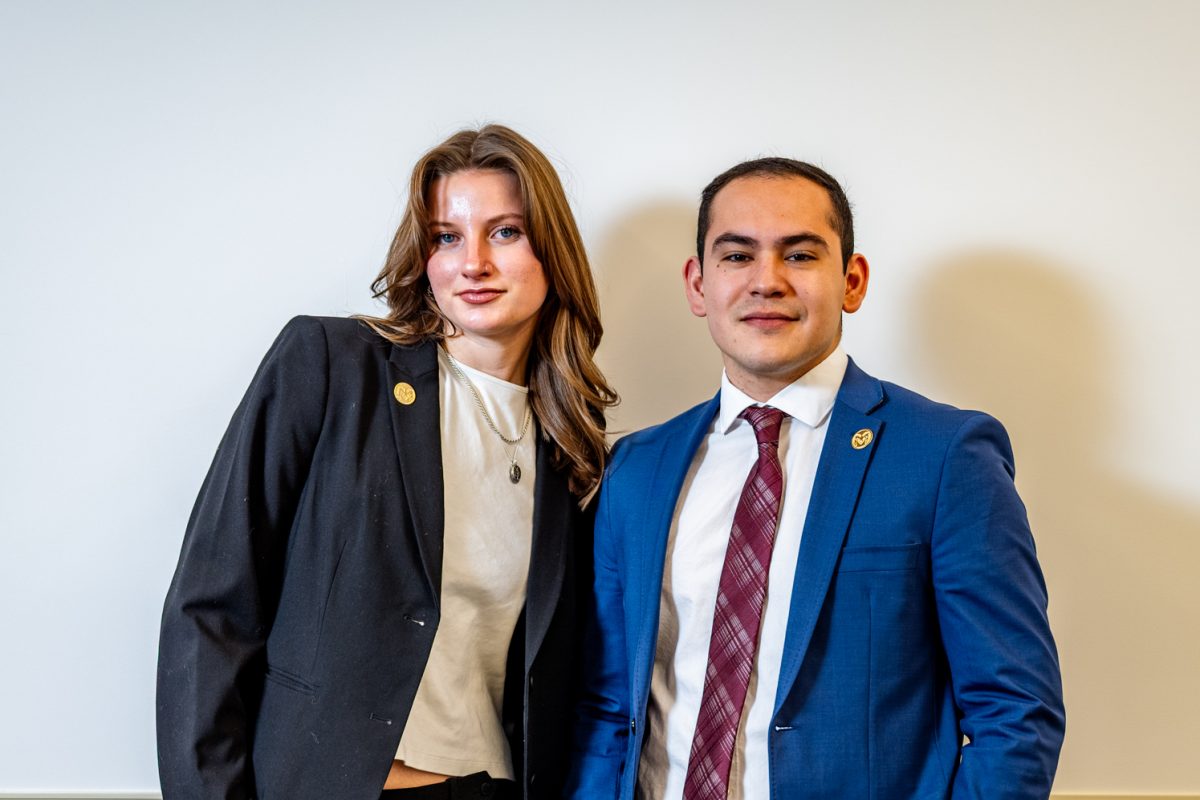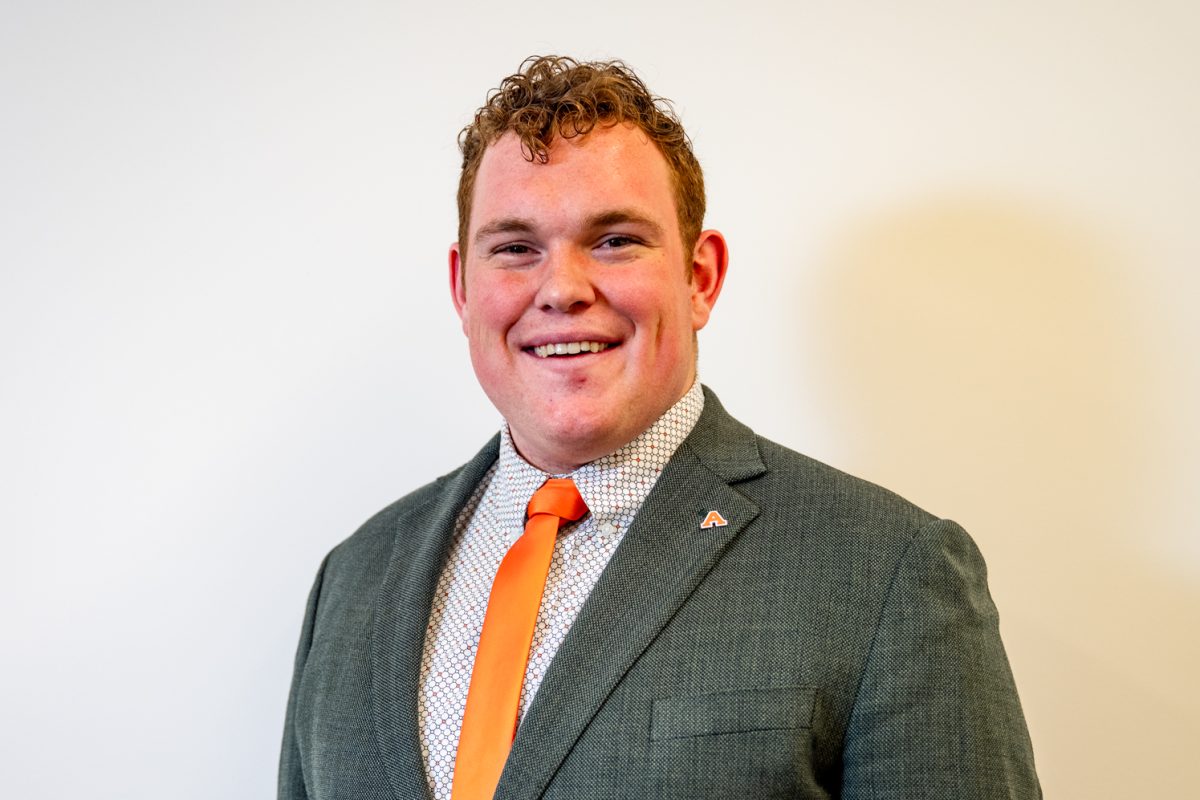On Nov.7, Faculty Council was held from 4pm to 5:30pm in the Room A201, Clark Building at Colorado State University.
At the beginning, they adopted the motions for Section K Resolution of Disputes, Teaching and Advising, Student Course Survey, in addition to elections for graduate and undergraduate student positions on Faculty Council Standing Committees.
After discussions and voting on these motions, Rick Miranda, provost and executive vice president, reported on the Incremental E&G (Educational and General Expenses) budget, which included new resources, financial aid, new expenses and net for FY ’19. The budget was previously reported on during the Board of Governors meeting in October.
“The governors’ higher rates budget leads to a lot more positive now,” Miranda said. “Because of that, we are likely to restrict the resident undergraduate work.”
Tim Gallagher, Faculty Council Chair, pointed out the administrative professional council is integral in decision making.
“If any of those amendments said are approved, then we will not be allowed to vote on the amendment motion because we have to bounce it back to administrative professional council, and their blessing before we are allowed to do anything,” Gallagher said.
Margarita Lenk, Board of Governors Faculty Representative highlighted important notes from the Board of Governors’ meetings on October 5 and 6, including updates on the CSU system strategic map and the Western stock Show Complex, the strategic plan and SPARC layers of involvement for CSU-Fort Collins, goal for the campaign, successes of CSU athletics, stadium updates, CSU Global, the Anatomy Zoology east wing revitalization and funding and expenditure models.
Then Faculty Council approved university Curriculum Committee Minutes for September 22 and 29, October 6, 13 and 20, as well as fall degree candidates and two new centers, institutes, and other special units, which includes a Colorado Water Center at CSU and One Water Solutions Institute.
Action items were discussed afterwards, including approving the academic calendar for fall semester 2022 through summer 2024 and four new degrees to be established effective Fall 2018.
These new degrees are Master of Science in Ecosystem Sustainability and Doctor of Philosophy in Ecosystem Sustainability in the Department of Ecosystem Science & Sustainability, Warner College of Natural Resources, Master of Arts in Counseling and Career Development in the School of Education, College of Health and Human Services and Bachelor of Science in Data Science in the College of Natural Sciences.
The last action item discussed was revisions to the Graduate and Professional Bulletin proposed by the Committee on Scholarship, Research and Graduate Education.
The revisions contained two parts, application and scholastic standards. For application, for US Citizens or permanent residents, that CSU’s 3.000 minimum undergraduate grade point average requirement may be waived. For scholastic standards, that a cumulative 3.000 grade point average in all regular course work is required after students are admitted to a graduate program.
Collegian reporter Yixuan Xie can be reached at news@collegian.com or on Twitter @yixuanxie1.
Editor’s Note: A previous version of this article incorrectly quoted Faculty Council Chair Tim Gallagher as saying, “If any of those amendments are approved, then we will not be allowed to vote on the amendment motion because we have to bounce it back to administrative professional council and their bluffing before we are allowed to owe nothing.” This article has been amended with the correct quotation, “… we have to bounce it back to administrative professional council, and their blessing before we are allowed to do anything.”




